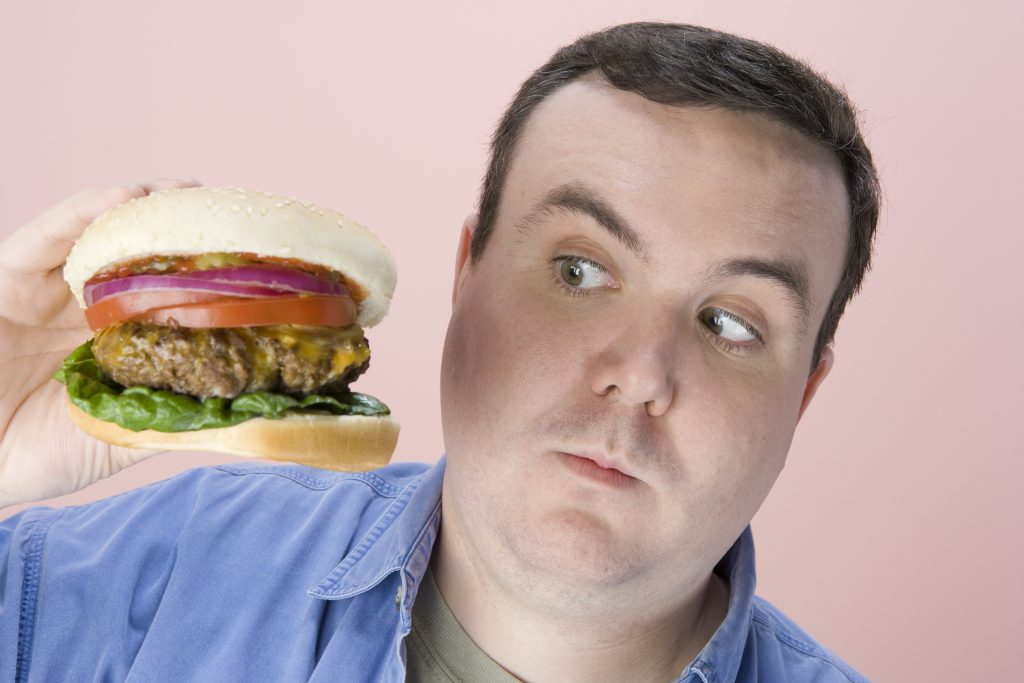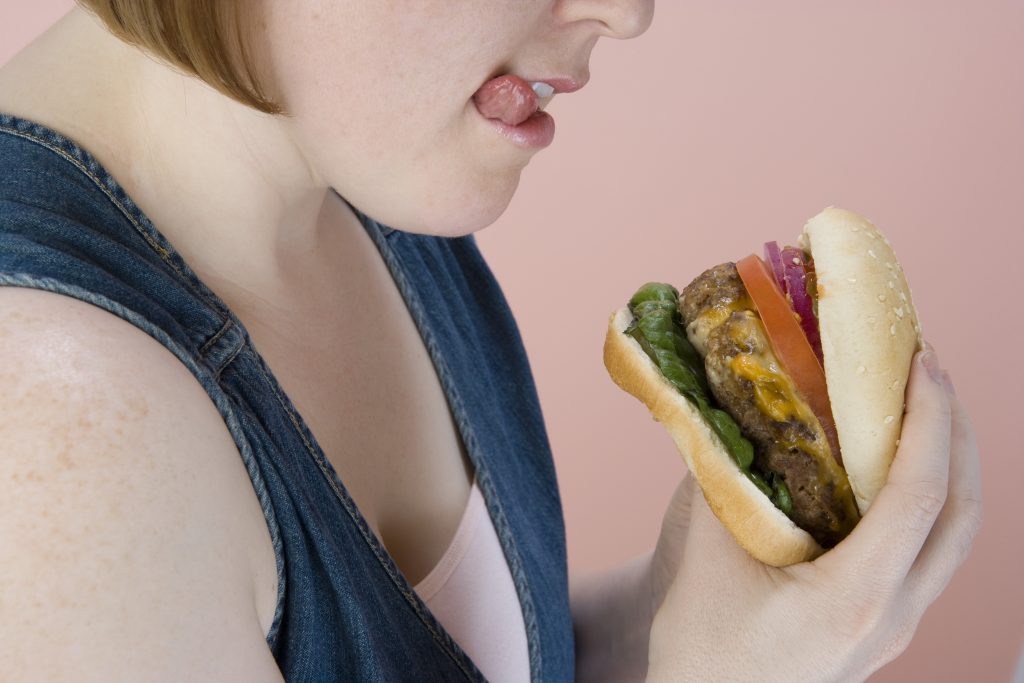Food addiction affects people in different ways in lots of countries around the world, especially in the United States. In the United Kingdom, you’re more likely to have or know someone who has eating disorders such as obesity and binge eating disorders. The reasons for this are myriad and complex. It can be caused by genetics (if you’re a male) or by environmental factors (if you’re British). It can also be linked to a combination of these factors.
In this post, we’ll explore the various causes of food addiction and talk about how hypnotherapy is used to help those who suffer from it, often without knowing that they have an eating disorder. We will cover the most common forms of food addiction, including binge eating and food purging, which are often misdiagnosed as “eating disorders”. The second part will discuss hypnotherapy for food addiction – what exactly it is, how it works, and how it works with other issues such as weight loss and exercise addiction. The third part will discuss the many benefits of hypnotherapy for food addiction – why being treated is a positive experience for both client and therapist alike – how hypnotherapy helps clients address the underlying issues responsible for their eating disorder symptoms, what other people have said about their treatment experience, how to find a qualified therapist in your area if you don’t live in Leeds or close to West Yorkshire.
When suffering from overeating, your go-to solution might be regular trips to the gym or placing yourself on a strict diet. However, some can’t help reaching for their favourite snack after hours or an extra portion during mealtime and feel they’re out of options. Though an unusual method for combatting the unhealthy habit of overeating, food hypnosis has made recent headlines and demonstrated promising success.
What is Food Addiction?
Food addiction is something that many people struggle with. It can be a hard thing to overcome, especially in our fast-paced modern world where there are more distractions than ever before. Food addiction is when your appetite for certain foods becomes compulsive, causing you to eat more than you normally do, sometimes even to the point of being sick or having problems with your health. This can be done in various ways and in various places. Hypnotherapy for food addiction helps you make healthier choices about what you eat and how much you eat.
What Causes Food Addiction?
Food is not just a tasty treat. It is a vital part of our health. In fact, it’s a crucial part of our survival. Here’s why we have an addiction to food: The process of digestion breaks down the food you eat into simple sugars and proteins. Without these simple sugars and proteins being broken down, you would not be able to function properly, so the human body requires them in large quantities. Being able to digest the foods you eat is essential for your well-being — without it, you would starve to death or else suffer from crippling hunger pangs.
Many people are aware that they have a food addiction but do not know exactly what causes it. They may think that they just overeat or binge on certain types of food — such as sweets or pizza — and this leads to overeating; however, these actions are very different from an actual food addiction since there is no physical craving for eating certain foods at all times (i.e., bingeing).
A real food addiction often occurs when a person has developed an emotional dependence on certain foods by repeatedly eating them even when they are not hungry; this type of dependency can be devastating and destructive to one’s life because those around one will not be able to provide needed sustenance if something were to happen (such as surgery) that requires one to choose between eating or using the restroom. This type of dependency can also develop due to various other factors such as poor nutrition during childhood or excessive stress in life which leads one down a path where one develops a deep-seated habit of eating certain foods every day without even realizing it.
It is important for individuals suffering from this type of addiction to understand what causes this kind of dependency and make changes in their lives so that they can live an active and meaningful life free from food addictions!
Do You Have a Food Addiction?

Food addiction plays an important role in weight gain or weight loss. The most common reason for food addiction is binge eating. Binge-eating is a compulsion to overeat, often with little or no regard to how much you are eating, how long you have been doing it, or whether your body is actually hungry or not. This can lead to obesity and other health problems.
The first step towards acknowledging your food addiction is to determine whether or not you have it in the first place. If you feel you might be experiencing an unhealthy relationship with food, consider the following symptoms.
1. Pressure and Anxiety
If you’re upholding unrealistic beauty standards imposed by pop culture or peers, you may feel pressured to diet and instead turn to binge eating. The more you worry about how much you’re eating, the easier it is to turn to food for comfort.
It is important to you that you look after your mental health and well-being. Being gentle with yourself with regards to your approach to your own eating habits can help to reduce the pressure and anxiety you may feel about changing. Set yourself small goals that will take you 1% closer to eating healthy foods as part of your healthy diet.
2. Unhealthy Eating Patterns
Food addiction is a condition in which an individual experiences intense cravings for food that cannot be satisfied by any other means. In the case of binge eating, the brain’s reward system is activated and produces a craving for food that is not properly managed by the individual.
For many people, it can be difficult to recognize if they are experiencing a food addiction or not. Many individuals may feel as though they’re “just normal” when it comes to their eating habits, but most of us know that there’s something different about our eating habits and behaviours. A greater understanding of food addiction can help you make better choices about how can you satisfy your desire for food while also balancing your nutrition needs.
The more you become preoccupied with adhering to a strict weight loss diet, the easier it is to fall into the trap of restricting yourself, skipping meals, binge eating, and dieting in the form of a vicious cycle.
3. Bad Eating Habits
Eating is a complex process, and the psychology of why we eat what we do is fascinating. Many times it’s not about hunger or the need for something to eat, but about guilt and the desire to feel better about ourselves, or just to feel better about ourselves.
Auto-eating is a common phenomenon that can make you feel like you are not in control of your eating habits. There are many ways to deal with this – from telling yourself “I’m not going to eat that”, “I don’t need that now” or even “I will have more later” to managing those urges by learning how to manage your eating behaviour on an everyday basis. Hypnotherapy for food addiction helps you learn how to control your eating behaviour such as emotional eating through hypnosis techniques.
Though the types of eating disorders will vary, common symptoms will include eating too quickly, feeling compelled to eat or continuing to eat even when you’re full, hiding meals or eating in secret due to guilt, or eating when you aren’t hungry.
4. Binge Eating
Binge-eating behaviour is a well-documented problem, often seen in people who are depressed, anxious, or stressed.
Binge-eating occurs when food becomes the focus of one’s obsession. For example, a person who is depressed may suddenly feel compelled to eat a large amount of food even if they don’t feel like it. This may be due to the fact that they are being watched and judged by others, who may find them incompetent or attention-seeking.
Binge eating has been linked to depression in many studies. However, it is more common with women than men, and more common at younger ages.
The cost of binge eating can eventually be very costly for your body and mind: you spend more money on food than you will ever make back which could go to something better for you to lose weight with like a gym membership. You might also become less productive with your work because you feel that you cannot perform at your best because of the stress caused by binge eating. Your emotions might start to run wild because of this feeling of failure and worthlessness resulting from binge eating.
If you really want to lose weight then you need to stop binge eating. Some binge eating hypnotherapy sessions could be what you need to get your mental health in check and start raising your self-esteem.
5. Emotional Eating
It’s now a well-known fact that emotional eating is a real condition, and people can have it for reasons ranging from food sensitivities to a history of childhood abuse.
And while many people are aware of their own feelings of food cravings, little is known about what causes them. Researchers at the University of California at Berkeley recently confirmed this by looking at data from more than 1.5 million participants in the internet’s largest online behavioural survey. The team found that the biggest cause of it was emotional eating, especially when compared to physical or psychological eating disorders such as bulimia or anorexia nervosa.
80% of those suffering from such problems may never seek treatment for it due to stigma and fears about failure in their lives.
How to Overcome Food Addiction
When you’re out of control with food, your life is a mess. It’s like having a fever — you can’t think clearly and your mind is filled with all kinds of negative thoughts. You also feel an urge to eat that isn’t there, and you are unable to stop eating when you want or need to.It sounds crazy, but it can happen to anyone, and it’s often the first sign of an eating disorder.You can overcome this addiction by learning how to manage your food intake and how to deal with stress. In addition, hypnotherapy helps you learn mindfulness so that you can pay attention in the moment instead of letting yourself get overwhelmed by thoughts about food and weight.
Hypnosis for Overeating: How it Works

If you’re sceptical of diet hypnosis, don’t worry—you aren’t the only one. However, studies have dictated that those who have received hypnotherapy for overeating showed greater improvement than 70% of clients who chose to forego the program. Listed below are the ways by which hypnotherapy can address your overeating problem.
- Mindful Eating
Most of the time, people will binge eat without giving it a second thought. Overeating is usually caused by compulsive behaviour, which can be alleviated by learning how to recognise your cravings. Understand how you feel when you’re full, and be fully aware of your actions. Through hypnotherapy, you can begin practising mindfulness to take note of how much you are eating and how often you’re doing so.
- Breaking Poor Eating Habits
Over time, binge eating can instil negative habitual thinking, plaguing sufferers of eating disorders with harmful thoughts. Cravings and stress can continue to trigger such thoughts, which can be alleviated through calming hypnosis. During a session, you’ll be encouraged to take control of destructive thoughts, a more positive habit that you can develop over a few sessions.
Unhealthy foods are not good for your body. As much as you may enjoy the dopamine rush that you get from eating junk food, it is going to lead to weight gain in an unhealthy way. Eating healthier foods and having a healthy relationship with food is the simplest way of losing weight.
Hypnosis sessions are a great way to get help with bad habits, improve your mental health and alter your relationship with food. Whether you need to avoid overeating, comfort eating, learn how not to eat large quantities, gain self-control or set health goals that work, hypnosis can help you.
- Treating the Condition
Oftentimes, food addiction can be the result of another underlying condition such as anxiety or depression. By undergoing hypnotherapy, you can reinforce mental strength and work towards being more in control over your impulses. When you have the professional support you need to deal with negative emotions, you can then lift your low self-esteem. Your subconscious mind is more able to deal with emotional issues so you can make a conscious choice to only eat when you feel hungry.
- Resorting Confidence
Before overeating usually comes a lack of self-confidence, which is often promoted by reality television and unrealistic expectations from peers. With a food hypnotist, you can work towards acknowledging your greatest insecurities and how you can best overcome them.
One of the biggest challenges for many people is stopping eating and exercising too much, especially when they are stressed. Going too far on the scale makes them feel guilty and anxious, which can trigger overeating or restrict their exercise.
This leads to poor mental health and you can feel uncomfortable in your own body. Diet is one of the key factors to feeling good, feeling healthy and having positive mental health.
Finding a Trusted Hypnotherapist to Help with Your Food Issues
If you’re an adult who eats too much, and you’re looking to identify a hypnotherapist to help you with your addiction, then you’ve come to the right place.
Hypnosis is a form of psychological counselling that helps people get a handle on their habits and overcome addictions. The process is one of self-hypnosis, where the person turns his or her attention inward and takes control of their thoughts. This helps them to feel better physically and emotionally as well as making new habits easier to form. According to a study published in Psychological Medicine, hypnotherapy can help people lose weight as well as reduce their cholesterol levels.
In fact, research shows that hypnosis has been shown to be effective for treating obesity, high cholesterol levels, and diabetes. Hypnotherapists use almost any method for learning about how the brain works and how we can change it for better health through hypnosis.
Conclusion
Whether you’re suffering from a dangerous case of overeating or subjecting yourself to harmful beauty standards, undergoing hypnotherapy can help you address any underlying problems. Beyond a diet and exercise, hypnotherapy has proven to be just as effective as a weight-loss method.
At The Leeds Hypnotherapist, we equip patients with the means to overcome deep-set fears and trauma by linking them up with experienced professionals and food hypnotists. If you live around Leeds and are looking to make a major change in your life, contact us for hypnotherapy session prices today!




